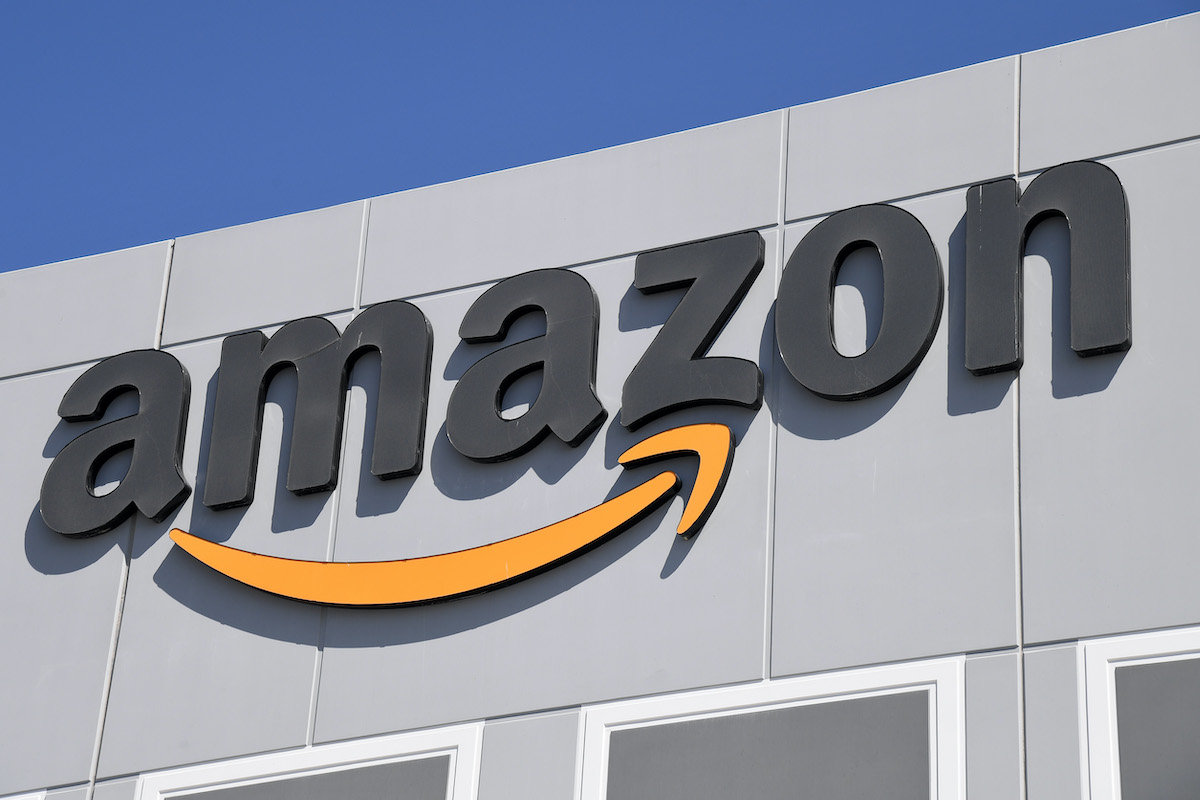The Affordability Of Amazon’s Healthcare Program Comes at Other Major Costs

Here’s an element of your Amazon Prime membership that you might have missed: healthcare. Just this month, Amazon announced it was making primary health insurance available for Prime members. The news was greeted with concern and skepticism.
At $99 a year, Amazon’s health insurance plan is inexpensive but at what other costs? What trade-offs in care, in quality, and in information security come with Amazon’s foray into low-cost healthcare?
In February of this year, Amazon bought primary care provider One Medical for $4 billion. The deal was a big step forward for Amazon’s foray into the lucrative and confusing American healthcare market. Early this year, Amazon rolled out its own prescription plan, a $5-a-month add-on for its Prime members. Now discounted subscriptions to One Medical are available to Prime members, ages 18-64. So for $14 a month, an adult can get the primary care and prescription coverage from the online big-box retailer.
Some are already arising regarding how Amazon stepping into the healthcare space might prompt personal data issues. Amazon collects a great deal of information from its customers, especially from Prime members. In addition to not wanting to hand over your sensitive personal information to a massive corporation, Amazon has had a number of massive data breaches over the years. Could people’s health information be impacted in a future data breach? That’s one cause for concern.
Another is the role artificial intelligence could play in healthcare as Amazon expands into the market. Earlier this year, Amazon announced the debut of the AI healthcare assistance program, Health Scribe. The program is meant to help with tasks like note-taking but a growing percentage of Americans are worried about AI creeping into our healthcare and the possibility of diagnosing and care being brought to us by artificial intelligence. Proponents of AI in healthcare argue that it will not cost jobs but will enhance them and make them more manageable but the jury is still out. Only time will tell.
Another potential reason for concern about Amazon’s new role in healthcare is the company’s track record on science and pseudoscience. Amazon has a history of selling products that make unsubstantiated medical claims and may be ineffectual or even dangerous. Just this week, the FDA ordered Amazon to stop selling seven brands of eyedrops that were not approved for sale in the U.S. Amazon has also played a troubling role in disseminating anti-vaccination propaganda and remains a place where one can buy literal snake oil.
So who will buy into Amazon’s healthcare offerings? As of last year, over 800,000 Americans were already getting healthcare services from One Medical. Speculation is that accessing healthcare via Amazon may appeal to younger Americans who just need to check the box of getting coverage and may currently lack complex health needs to be taken into consideration.
Those who find the tech giant’s attempt to profit off of healthcare shocking or distressing should be aware of the related trend of private equity firms buying up emergency rooms. These firms maximize their productivity by hiring fewer healthcare workers or finding people who will work for less. Such an equation is bound to impact patient care. It’s also caused issues with surprise billing and union busting.
A global map of the nations that offer universal healthcare starkly illustrates what an outlier the U.S. continues to be. A 2021 study ranked the US as last among 11 similarly affluent, developed nations in delivering equitable healthcare care. In that report, half of all lower-income Americans reported that they were not able to get the care they needed because of cost. Over 100 million Americans struggle with medical debt—a phenomenon unheard of in other parts of the developed world.
A growing number of Americans—now up to 57%—believe it is the federal government’s responsibility to ensure universal healthcare for all. Though young Americans may be the most likely to sign up for Amazon healthcare out of need, they are also the demographic that most vehemently supports government-run universal healthcare in the US. However, while the majority of all Americans believe the government should ensure we all have healthcare, 53% of those surveyed don’t think the government should provide it, leaving that to private companies.
A stubborn partisan divide around the idea of universal healthcare in the US suggests the nation will stay its current course in keeping this industry privatized, with many Americans falling through the cracks of the system. And all that plays to corporate interests. The only real winner here is companies like Amazon.
(featured image: Ethan Miller/Getty Images)
Have a tip we should know? [email protected]